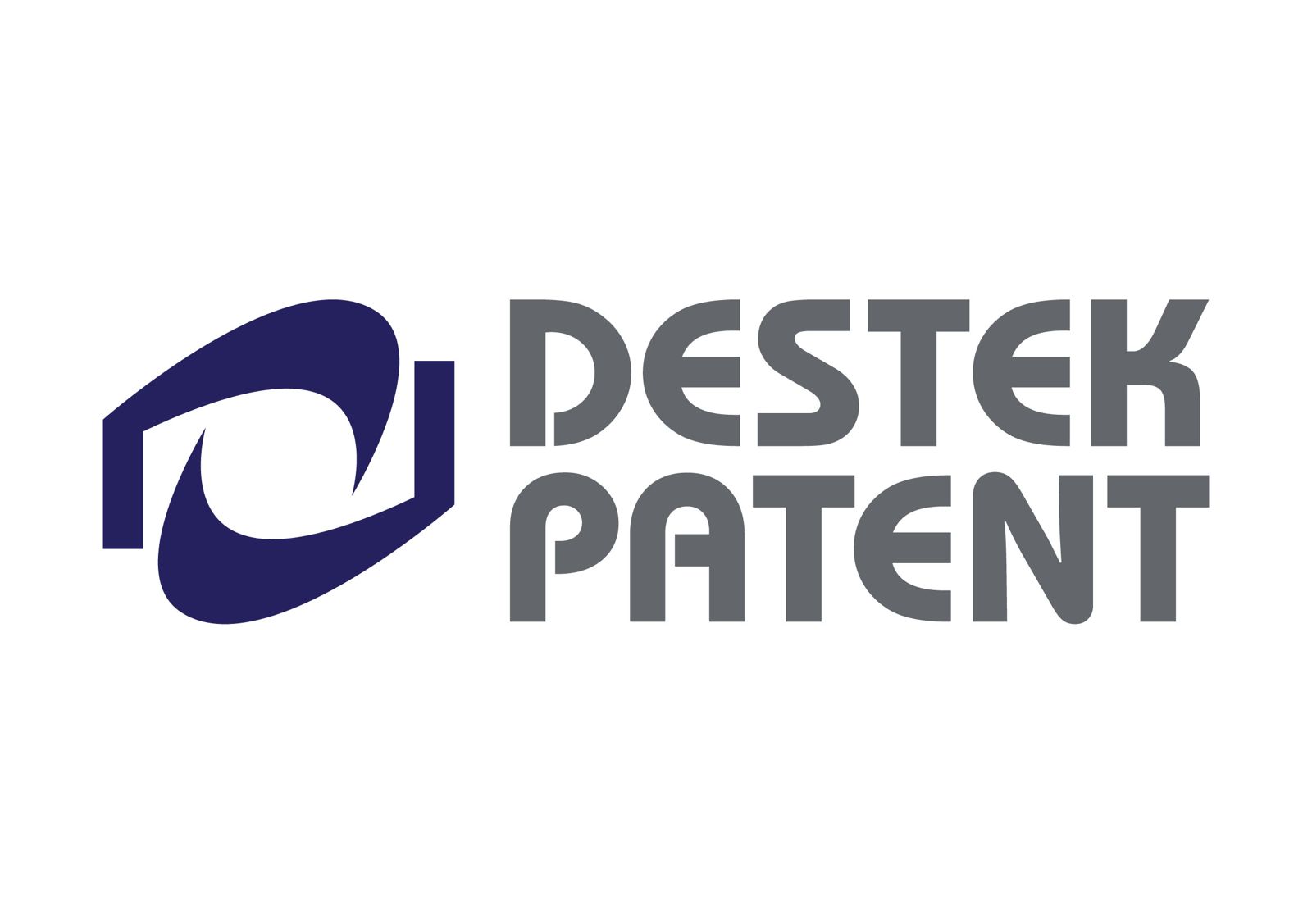In this critical situation that has become a vaccine war between countries, everyone has the same questions in their mind.
Which country will find the vaccine, and will the whole world benefit from it equally?
Destek Patent evaluated the case for patent protection on vaccines and compulsory licensing on public interest grounds.
As the death toll from the Covid-19 virus, which originated in China and spread globally, approaches 500,000, the entire world, affected by the chaos, eagerly awaits a vaccine. Following the virus's global spread and the World Health Organization's declaration of the outbreak as a pandemic, leading scientific institutions and medical professionals are working on various research programs to develop a Covid-19 vaccine. At the same time, patent applications are being filed worldwide for drugs developed for the treatment of COVID-19.
Patent protection on vaccines and compulsory licensing on public interest grounds
A patent is a document granting the inventor the right to prevent third parties from producing, using, selling, or importing the product of the invention for a specified period. In other words, a patent is the right not to allow production, sale, or use. Countries worldwide are concerned that certain companies or governments may impose patent restrictions on the development of a vaccine for the COVID-19 virus. This raises questions about the potential for a patent to grant a vaccine monopoly, and what decisions governments should make when the public interest is at stake.
Support Patent Board Chairman Kemal Yamankaradeniz provided important information about patent protection on vaccines and compulsory licensing for public benefit reasons.
Can vaccines be patented?
First of all, because microorganisms exist in nature, their discoveries are not considered inventions and therefore cannot be patented. This is not only in our country, but also in many countries around the world, such as the European Patent Office, the Austrian Patent Office, and the Swedish Patent Office. However, this rule does not apply to microorganisms that can be produced or cultivated in a laboratory environment. In many developed countries, microorganisms and biological materials produced or cultivated by human hands are patentable.
Examples include bacteria, viruses, and fungi. In our country, the TURKPATENT database contains hundreds of published applications for vaccines. According to the European Patent Convention, for an invention to be patented, it must meet three requirements: it must be new, contain an inventive step (inventive step), and have industrial application capacity. For example, if an invention is made in which a natural microorganism can exhibit antibiotic activity, the microorganism can be patented as part of the invention, as an exception. In other words, if an invention involving a natural microorganism and various other components is made, it can be patented. When companies or individuals apply for a vaccine patent, they are applying for many of the components contained in the vaccine—in other words, not the microbe itself, but the resulting formula.
The most important question is; if a vaccine is found, will it be available to all humanity and will all countries have access to the vaccine economically?
Considering this information, it's possible that the vaccine could be protected by a patent and have monopoly rights. However, the powers of those who acquire patent rights may be limited by compulsory licensing in exceptional circumstances, such as pandemics or wars, where public health is affected. This compulsory licensing is regulated by the relevant articles of the Civil Procedure Code No. 6769.
A compulsory license restricts the patent holder. A compulsory license involves granting a license against the will of the patent holder. In extraordinary circumstances, such as war or a pandemic, a compulsory license is granted without the patent holder's consent, preventing third parties from using the license. patent rightThe patentee may be required to produce products that fall within the scope of protection. This should not be perceived as an injustice to the patentee. Right ownership remains, and the court-determined license fee is paid to the patentee. The fundamental principle of compulsory licensing is to ensure that the patentee's licensing will be overridden by the state for the sake of public health, and that the patentee is compulsorily granted a license.





